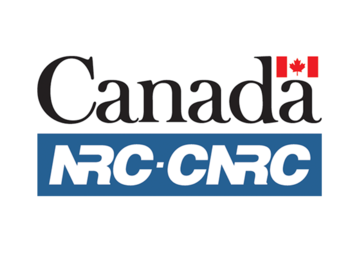ABOUT US
The Intelligent Dynamics and Control Lab is located at the Mechanical and Manufacturing Engineering Department at the University of Calgary. It is a state-of-the-art research facility that focuses on developing autonomous aerial and ground robots, as well as applying machine learning techniques to modelling and control. The lab's research activities involve designing algorithms for perception, planning, and control of robots in complex and dynamic environments. In addition, the lab collaborates with industry partners to apply its research findings to real-world problems, such as environmental monitoring, search and rescue, and infrastructure inspection. The Intelligent Dynamics and Control Lab is a leading research lab that is advancing the state-of-the-art in robotics and machine learning and is training the next generation of researchers and engineers in these exciting fields
-
SWARM OF COLLABORATIVE ROBOTS
A swarm of robots (or multi-robot systems) refers to a group of small, autonomous robots that work together to accomplish a specific task. These robots communicate and coordinate with each other, often using decentralized algorithms, to achieve their collective goal.
-
DIGITAL TWIN (MODELLING DYNAMICAL SYSTEMS)
Modelling dynamical systems involves constructing mathematical equations that capture the behavior of a system over time. These models can be used to analyze and predict the behavior of the system under different conditions and inform decision-making in various fields in engineering.
-
OPTIMAL PATH PLANNING FOR AIRCRAFT
Optimal path planning for aircraft is required for maximizing efficiency, safety, and resource utilization. It involves determining the optimal route from the current position to the desired destination. Factors like airspace restrictions, weather, traffic, fuel efficiency, and safety need to be considered.
-
CONTROLLERS FOR AUTONOMOUS VEHICLES
Controllers for autonomous vehicles are responsible for processing sensor data and generating control commands to steer the vehicle safely towards its destination. These controllers use advanced algorithms and machine learning techniques to adapt to changing environment and make decisions in real-time.
-
ROBOTIC ARM
Controlling robotic arms on moving platforms, such as autonomous ground and aerial vehicles, presents numerous challenges. To tackle these challenges, we are currently working on developing advanced controllers and estimators that can achieve precise and robust control of the robotic arm, even in dynamic and unpredictable environments.









